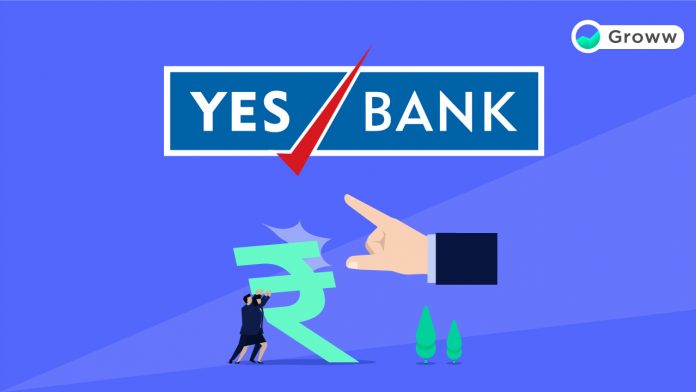On Wednesday, India’s largest lender State Bank of India said its board approved an investment of up to ₹1,760 crores in Yes Bank’s upcoming follow-on public offer (FPO). SBI mentioned in a statement to the stock exchanges that according to the intimation given by Yes Bank Ltd to the stock exchanges on 07th July 2020 on the issue of capital raising, at its meeting held on 8th July 2020, the Executive Committee of the Central Board (ECCB) of State Bank of India granted approval for a maximum investment of up to ₹1,760 crores in Yes Bank Ltd.’s additional public offering. The latest shareholding data available in BSE showed that banks and financial institutions held a 66.94 percent stake in Yes Bank as on 31st March. From the stakeholders SBI holds 48.21 percent which makes them the largest holder followed by ICICI Bank holding 7.95 percent, and Axis Bank holding 4.78 percent.
The government approved a rescue plan, backed by SBI, for Yes Bank on 13th March. Domestic investors including SBI, Housing Development Finance Corp, ICICI Bank, Federal Bank, Kotak Mahindra Bank, Bandhan Bank, and IDFC First Bank have already invested ₹10,000 crores in Yes Bank under this plan. In March, Yes Bank’s AT1 bonds worth about ₹8,415 crores were written down in their entirety in the rescue process. Yes Bank’s board approved raising of capital through a follow-on public offer (FPO) on the 7th of July. Yes Bank also said a capital raising committee (CRC) meeting is scheduled to take place on or after July 10th, to consider and accept, among other items, the price range, and discount, if any.
Yes Bank is focusing on enabling a resolution to raise up to ₹15,000 crores this year. The raising of funds is crucial for Yes bank amid financial institutions’ equity injection worth ₹10,000 crore and gains worth about ₹6,300 crores from the write-down of additional Tier I (AT1) bonds. The application submitted by Yes Bank last month seeking permission to pay interest on its Tier II bonds due on June 29 was turned down by the Reserve Bank of India (RBI). The bank said in a regulatory filing on June 20th that the interest owed and remaining unpaid would be accrued and subsequently compensated by the bank, subject to comply with the regulatory requirement.
The overall capital adequacy ratio of Yes Bank stood at 8.5 percent in the quarter of March, in which the Common Equity Tier I (CET1) ratio was 6.3 percent, and the Tier II ratio was 2 percent after the private and public sector lenders injected money. The share price of Yes Bank closed at ₹26.1 on Wednesday, with a growth of 1.36 percent from its previous close.

